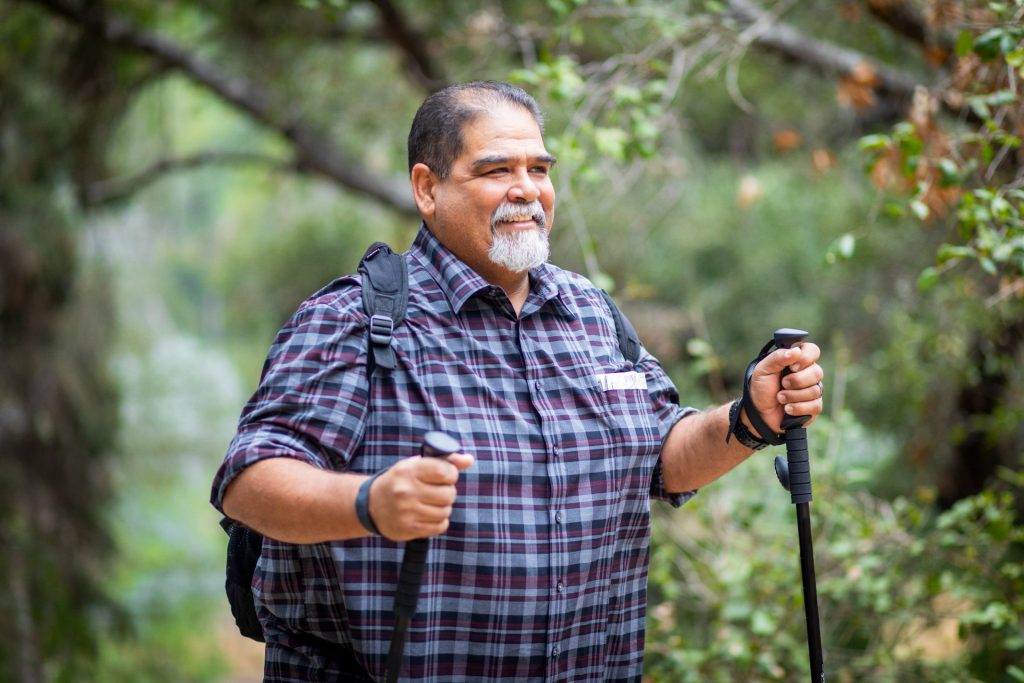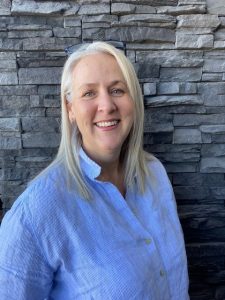In recognition of World Diabetes Day and Diabetes Action Month, New Zealand Health Group today announced its commitment to providing specialist diabetes management training to Kaiāwhina [support workers and carers].
With over 30,000 clients, the country’s largest home and community support services provider understands the significant impact specialist preventative care and proactive disease management can have on a person’s daily life.
Josephine Gagan, Managing Director of New Zealand Health Group, said, “This value-driven in-home care model helps to address two very important issues – keeping our vulnerable people healthy and out of the hospital and alleviating our serious worker shortage by attracting new people to the sector and upskilling our existing workforce.
“A large proportion of our clients live with diabetes. Having Kaiāwhina who know the person well and have the skills and training to know what ‘good’ or ‘normal’ is for them will be critical to detecting changes early enough and keeping the individual living well in their home and out of the hospital.
“Our support workers and carers are amongst the people who most regularly visit and help our vulnerable people to live well in their own homes. Upskilling this essential workforce to increase their expertise, responsibilities, and experience in dealing with specific diseases and health areas makes perfect sense.
“The feedback from the first group of support workers who have taken up the opportunity to upskill in diabetes management has been really positive.
“I love to do this so I can learn more about diabetes but not only that, so I can help others or the family members”
“To meet and discuss on Day 1 how we can learn more skills to help better manage client’s Diabetes and to use Myskill to advance our knowledge is very positive and meaningful in our roles as Support Workers”
Ms Gagan adds “Because of the phenomenal response to this first training programme, we have already started kōrero with Toitū te Waiora (the Workforce Development Council for Community, Health and Education and Social Services) to build NZQA micro-credentials to support additional specialist chronic disease and disability programmes.
“Other areas of focus will include dementia, autism and injury prevention, and it will mean the whole sector will be able to share in this important mahi,” said Ms Gagan.
The specialist training programme will be offered through New Zealand Health Group’s private training establishment, MySkill. The specific training modules have been developed following feedback from New Zealand Health Group clients and their whānau to ensure the training delivered supports the type and level of homecare required.
She says “Providing a clearly articulated specialist career pathway for support workers not only improves the quality of care and increases our preventative health care efforts, but it also helps us build a workforce to meet the pressing demand for more home care support workers.
“This approach is about placing people at the centre of healthcare decision-making. We are excited about the ripple effect of possibilities this enhanced qualification provides,” said Ms Gagan.



